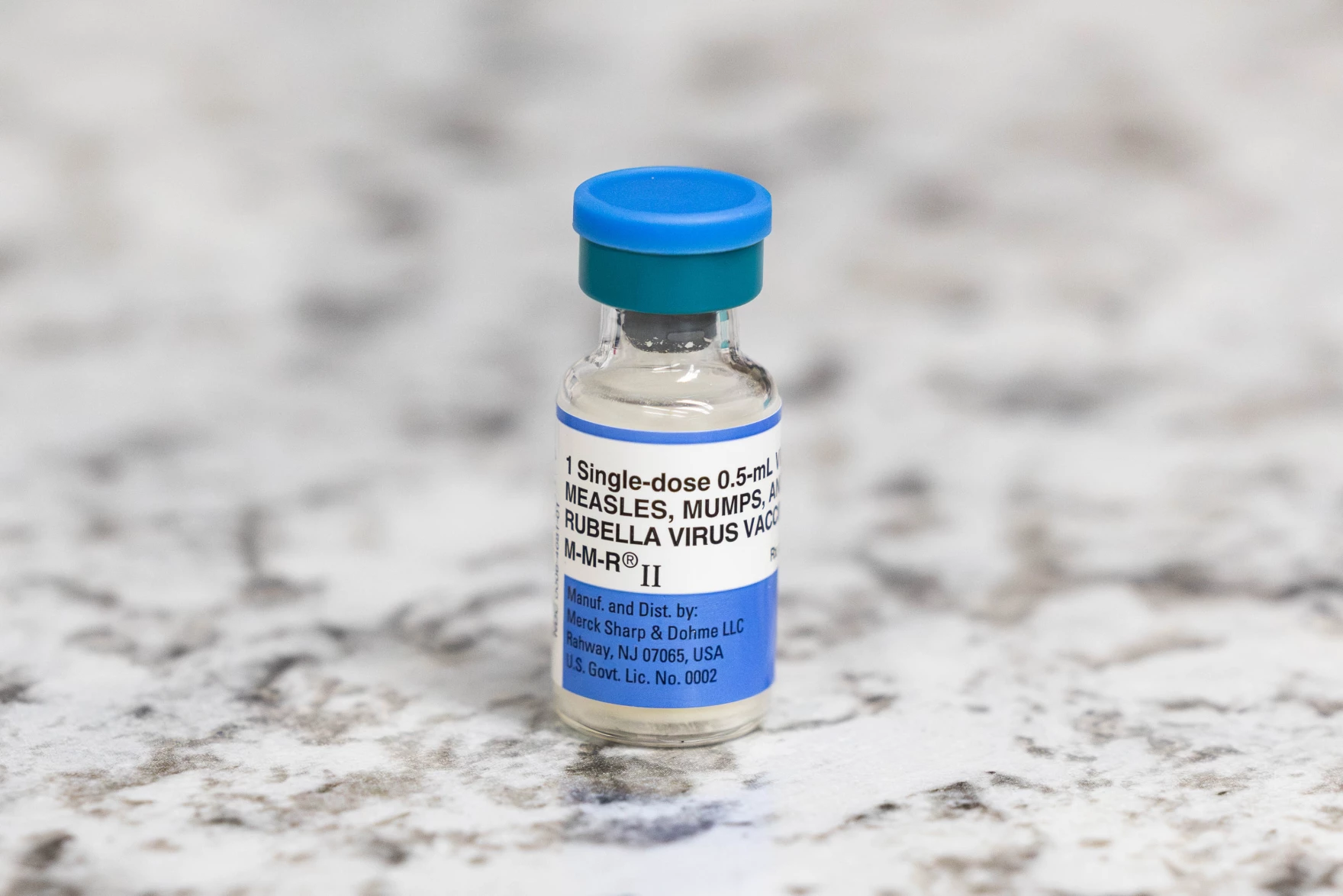Alert: Austin Confirms Second Measles Infection Amid Growing Health Concerns

A local Travis County resident is currently in isolation after being diagnosed with measles, marking the second confirmed case in the area this year, Austin Public Health (APH) officials revealed on Friday. Health authorities are closely monitoring the situation and investigating potential exposure routes for the infected individual.
The announcement has prompted local health officials to urge residents to stay vigilant and ensure their vaccination status is up to date. Measles, a highly contagious viral disease, can spread rapidly in communities with low immunization rates.
APH representatives are conducting contact tracing and are prepared to provide additional guidance to prevent further transmission of the virus. Residents who may have been in close contact with the infected person are advised to monitor their health and consult healthcare professionals if they develop any symptoms.
Vaccination remains the most effective method of preventing measles, and health experts recommend that individuals maintain their immunization records to protect themselves and their community.
